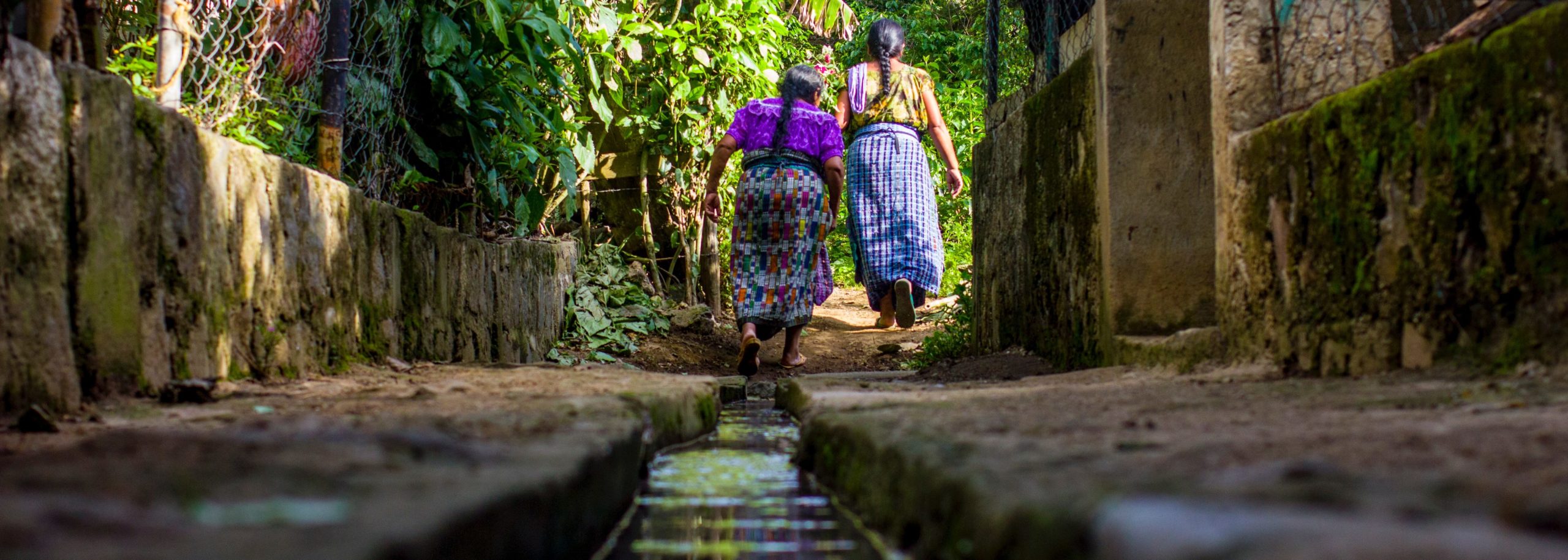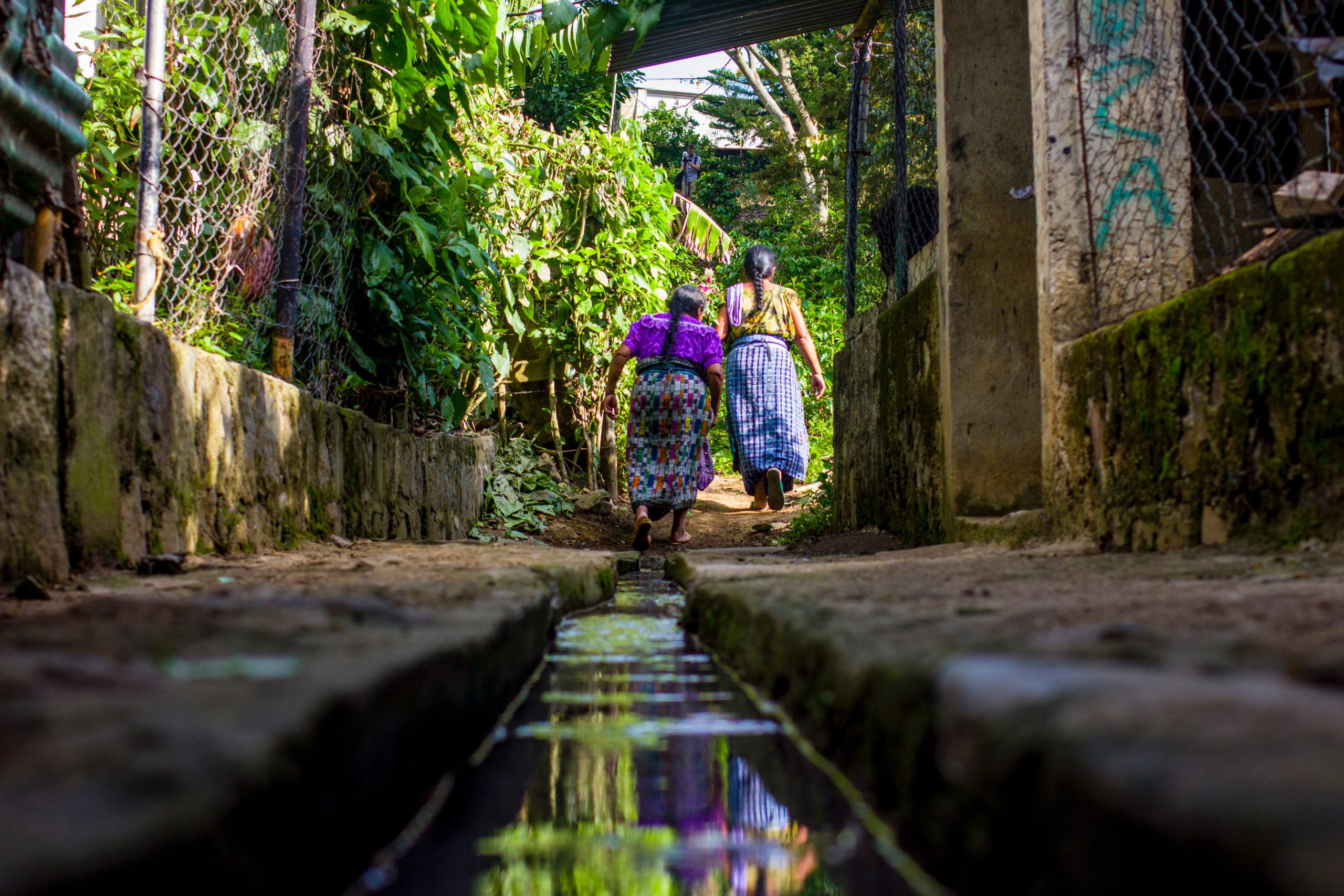Published: 05/17/2021
Dr. Christina Khan is using her global health work to demonstrate that in under-resourced settings, healthcare professionals have an appetite for providing mental health services, even if they don’t have the infrastructure.
By Lucas Oliver Oswald.
Global health too often neglects mental health, either ignoring it or not prioritizing it. Since 2014, Global Health Faculty Fellow Dr. Christina Khan has been demonstrating that in under-resourced settings, healthcare professionals have an appetite for providing mental health services. The need is there, and so is an infrastructure for providing it — Dr. Khan’s work is giving them the expertise to deploy the services
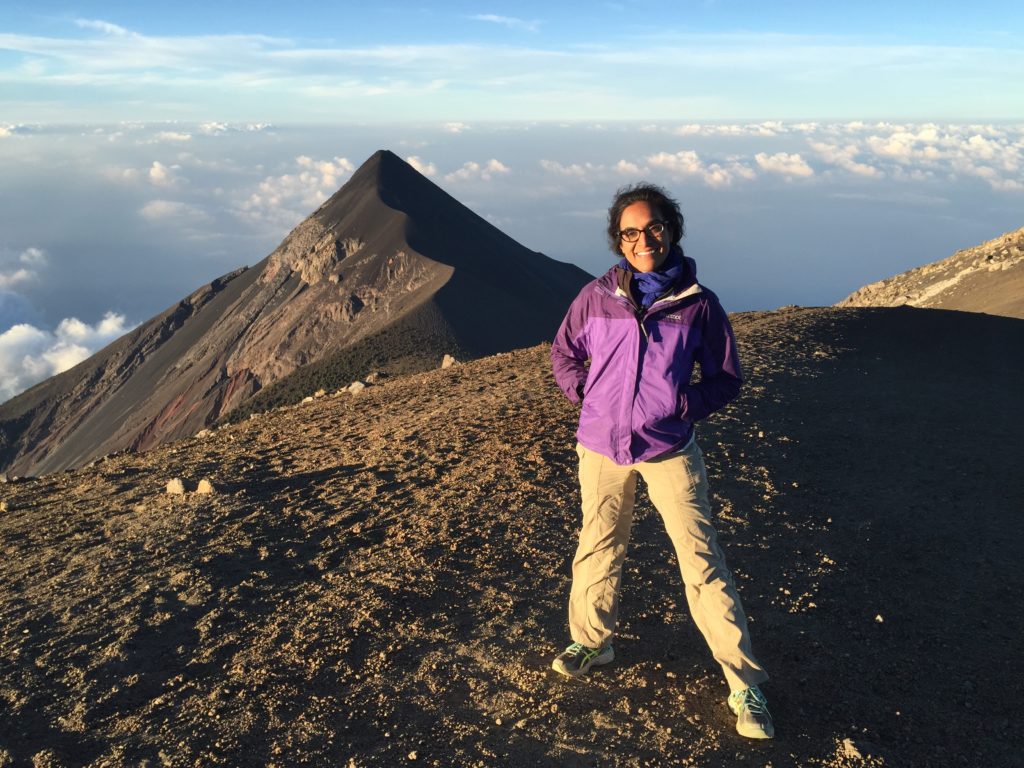
In 2019 Dr. Khan became a Clinical Associate Professor of Psychiatry and Behavioral Sciences at Stanford, but she has been using her vocation to address mental health in underserved populations since her time as a doctoral student in community health and as a Fogarty Fellow in Global Health and Clinical Research in 2006. While much of her global work focuses on rural and indigenous populations in Guatemala, she is also the Director of THRIVE, Stanford Medicine’s LGTBQ+ psychiatry clinic, and she practices in East Palo Alto, where she has worked since 2012, first as a Child and Adolescent Psychiatry Fellow and now as an attending.
In Guatemala, Dr. Khan’s work has had a real impact, showing that implementation and practice have an important role alongside research. Her work abroad and at home also show that global health is not about going overseas — rather, she treats global health as a framework that can benefit underserved populations everywhere.
I sat down with Dr. Khan to discuss her work in Guatemala and how her practices abroad and at home have informed one another.
What is the need you are addressing in Guatemala?
My work in Guatemala is centered in capacity building and infrastructure development. We are responding to an acute need for psychiatric services there.
Psychiatry was not part of medical training in Guatemala until recently, which means many practicing doctors have little to no formal education around mental health care. There’s also not much of a concept of mental health in some of the rural areas, which makes it really hard for healthcare providers to detect and provide evidence-based treatments for these conditions.
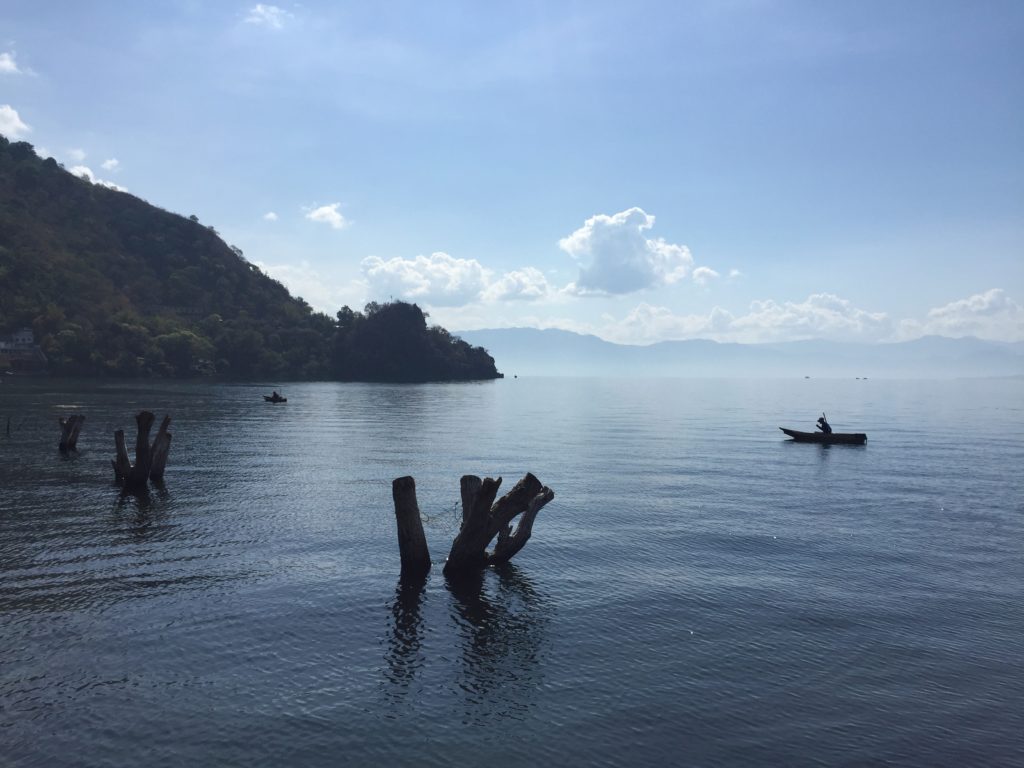
Nevertheless, there is no shortage of mental health conditions, ranging from common mental disorders like depression and anxiety to trauma and stressor-related disorders associated with exposure to extreme events. In the rural areas, many indigenous people were greatly impacted by genocide and loss during the 36-year civil war, in addition to ongoing exposure to natural disasters, poverty, and domestic violence. In most parts of Guatemala, there is little to no community mental health care infrastructure to meet these needs.
The combined effect is that many people just live with psychosis or depression and don’t get dedicated treatments that could really improve their quality of life – and in some cases, save lives.
What has your approach been for this work?
I began going to Guatemala in 2014, but it took 3 years of building relationships on the ground to get this going. Many of these communities are served by primary care physicians employed by the government, so we utilized a WHO curriculum called Mental Health Gap Action Programme (mhGAP) to train them in priority mental health conditions and give them standardized protocols for diagnosis and treatment.
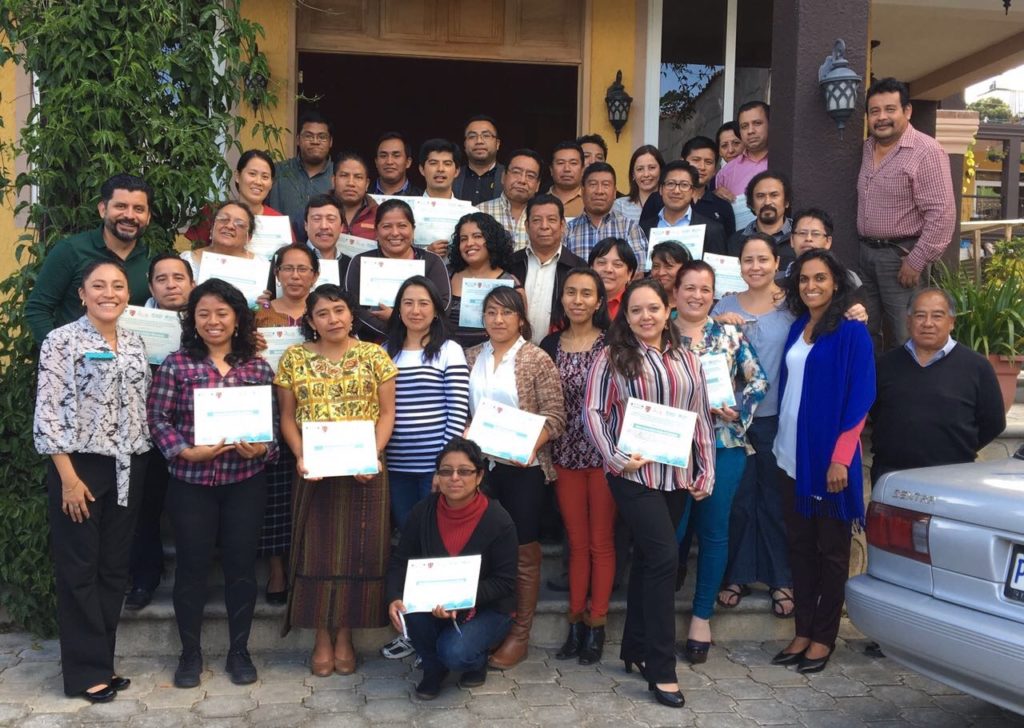
We are essentially trying to build a system that meets the community’s mental health needs in the absence of specialists. It is a curriculum that had already been published and used in other countries. We also partnered with a local NGO focused on mental health, ALAS Pro Salud Mental, to provide workshops to teachers to integrate behavioral health concepts into schools, another existing infrastructure that was already in place.
What kinds of impacts has this work had?
Many of the doctors were already well aware of the need. In Sololá, out of the 80 public sector physicians for that state, 64 were able to come to the mhGAP training, which is pretty good, especially since some of them had to travel up to 10 hours by car to get there.
I think some of them were skeptical because this is very new, but so often mental health manifests in somatic symptoms or physical illness that they were seeing frequently and didn’t know how to treat. Often these conditions can manifest as physical complaints. Headache, stomachache, high blood pressure. Some conditions can even lead to severe medical outcomes like stroke when left untreated. Most were really interested in learning more so they could treat these issues. Today, the physicians are still using the curriculum.
We had to meet with the Minister of Health to get approval for the mhGAP training. Only 1% of the national health budget in Guatemala goes to mental health, with the majority of this going to one hospital in the capital city. Nonetheless, he understood that it is an important aspect of health. After the meeting and after seeing the success of the trainings, he hired a psychologist for each of the state’s 10 public health centers.
What’s next for your global health work?
We’re hoping to do trainings similar to what we did with the primary care physicians, but this time with midwives in Guatemala.
There aren’t a lot of mental health specialists in these communities. Psychiatrists and psychologists in Guatemala City don’t have much interest in leaving the city, but midwives are available in the rural areas and find themselves trying to help manage mental health concerns, in addition to their work in obstetrics and maternal health. We’ve partnered with an NGO there focused on indigenous health, Wuqu’ Kawoq, with access to the midwife community, and in speaking together we saw a lot of potential to address mental health through this network.
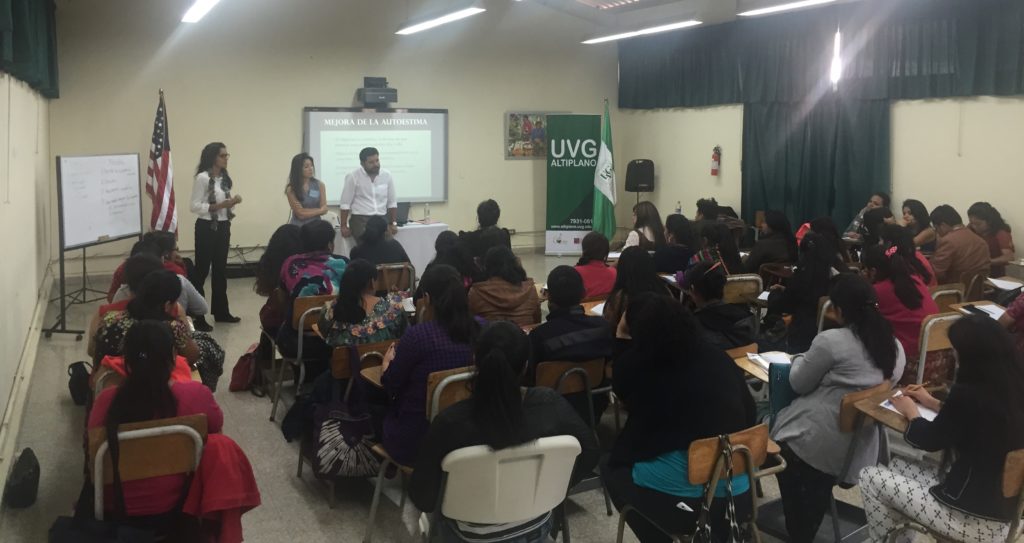
There’s also a technology side we’re hoping to implement. One of my medical students at Stanford, Gabriela Asturias, is from Guatemala. She co-created a call center project in the last year so that people can call in with symptoms of COVID and get triaged to care in their communities. We’re proposing to adopt this system for mental health concerns and pilot it in the municipality of Tecpán, where we have partners that are doing a lot of maternal and child health. And so when people use this call center, the midwives will be one of the resources that they’re referred to.
If we’re successful, we can further expand the mental health care infrastructure there by building out capacity in the healthcare systems that already serve these populations.
You also work with some underserved populations in East Palo Alto at Ravenswood Family Health Center. How is this work similar? Have you been able to transfer over any learnings?
Ravenswood is a federally qualified community health center, with most of the patients on public insurance. I’d say about 70% are Spanish-speaking immigrants from Mexico, Guatemala, and Central American countries, some from places that I’ve been in Guatemala or Mexico.
There are similar challenges with health literacy around mental health concerns. Sometimes I encounter similar ideas around mental health, that these diseases aren’t treatable, or that they are something to be ashamed of. Some families are really resistant to even a diagnosis. Those conversations require similar skills in both settings, and I think I learn from both how to navigate them.
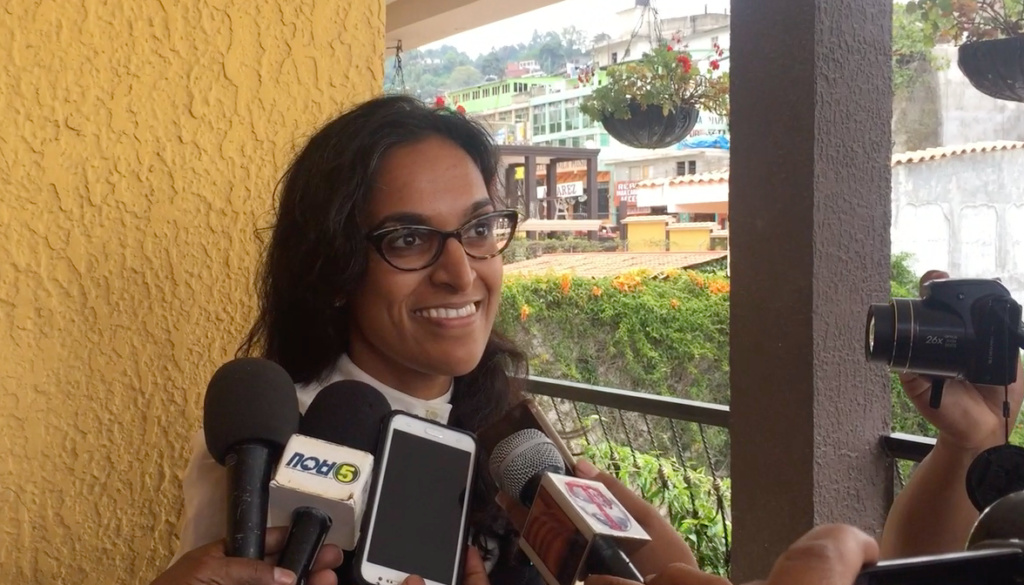
Other families are more open to learning about treatment options. At times, the resources are so different that they don’t even compare, but I think there are still lessons there. In an ideal world, access to treatments would be comparable in all settings. But the reality is we don’t have access to trained therapists or the same medications in rural Guatemala. The interventions tend to be more focused on behavior and lifestyle, strategies that can be useful in all settings, especially when working with patients who are reluctant to consider medications.
The beauty of this approach in both settings is that we can engage the community of health care providers to be participants and even leaders in this process through the implementation of task-shifting or task-sharing (re-distribution of tasks among health workforce teams). In this way, we create a community-based system of care within existing infrastructure regardless of access to specialized resources.
Header photo by Robin Canfield on Unsplash.
